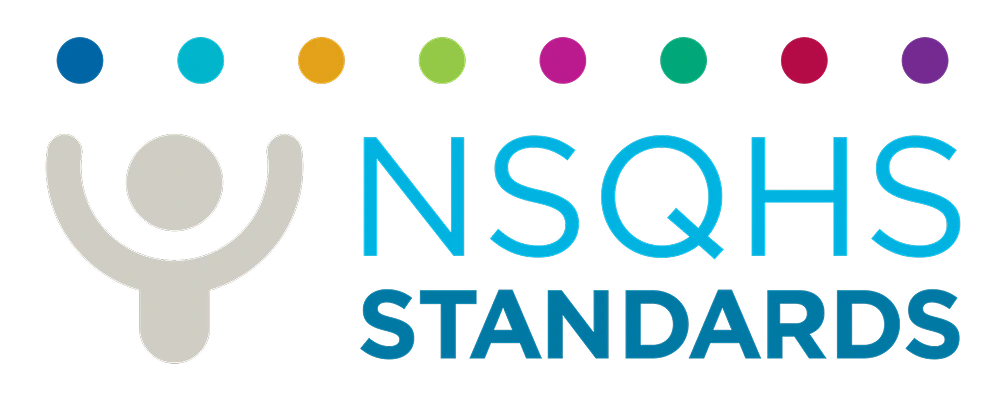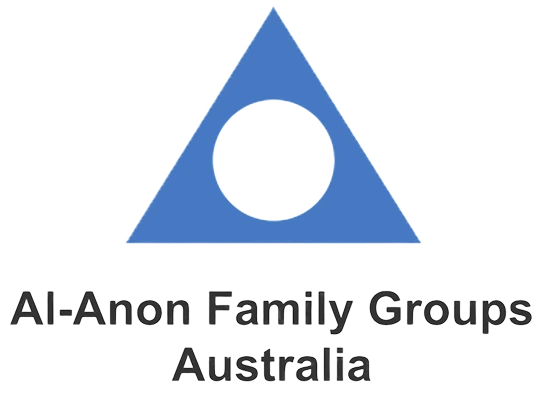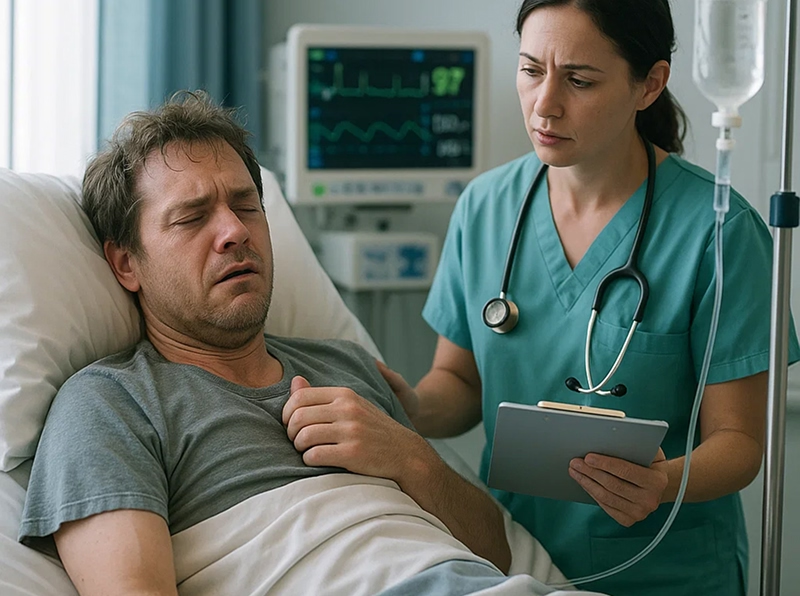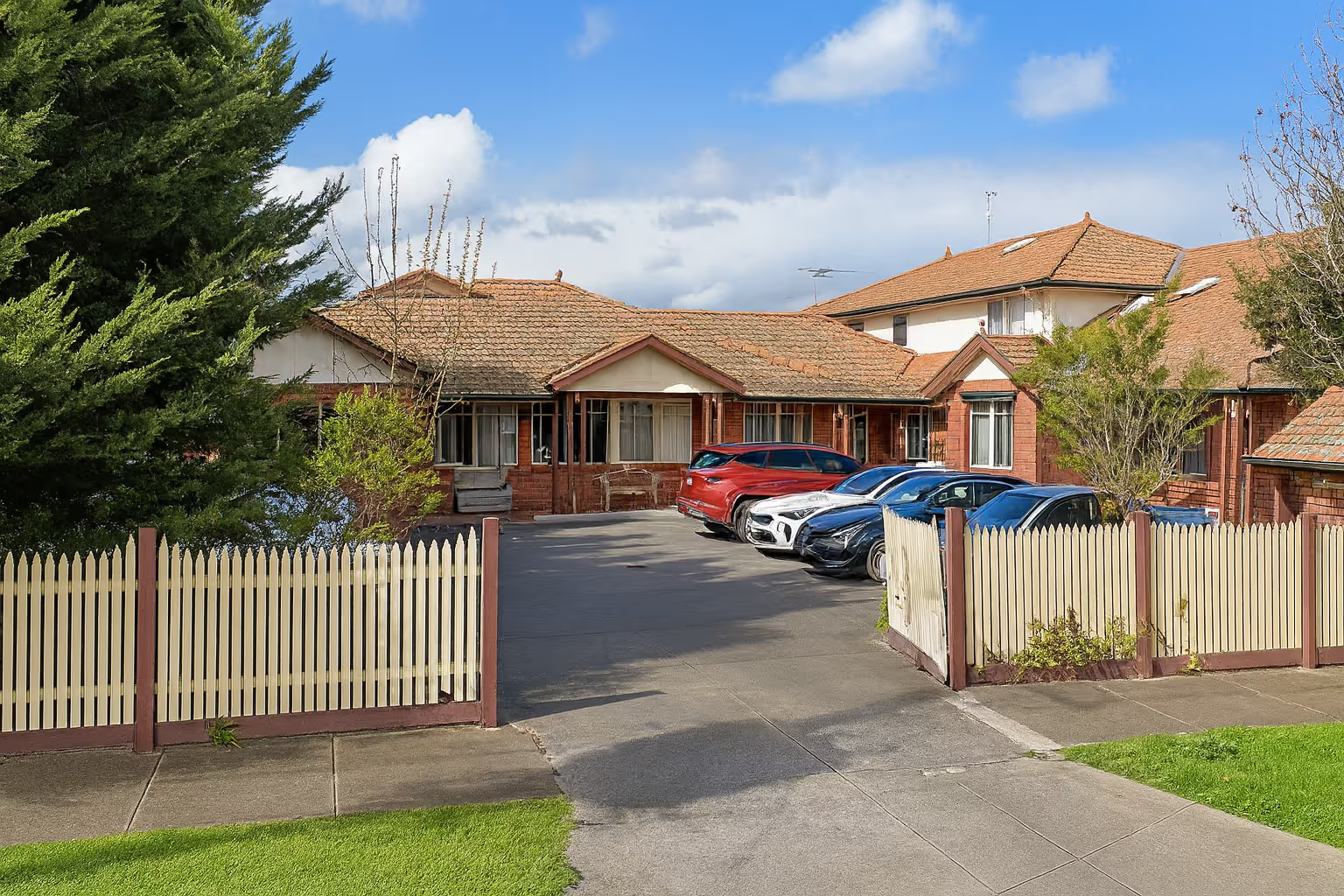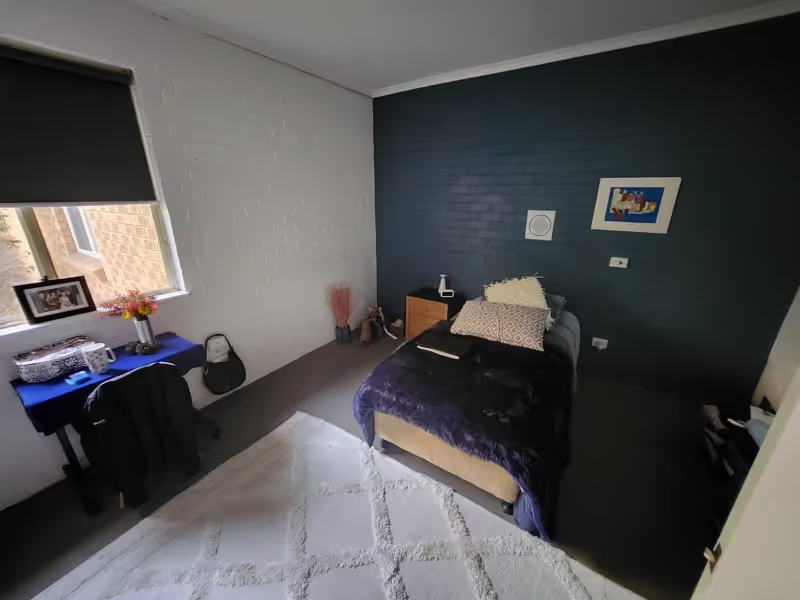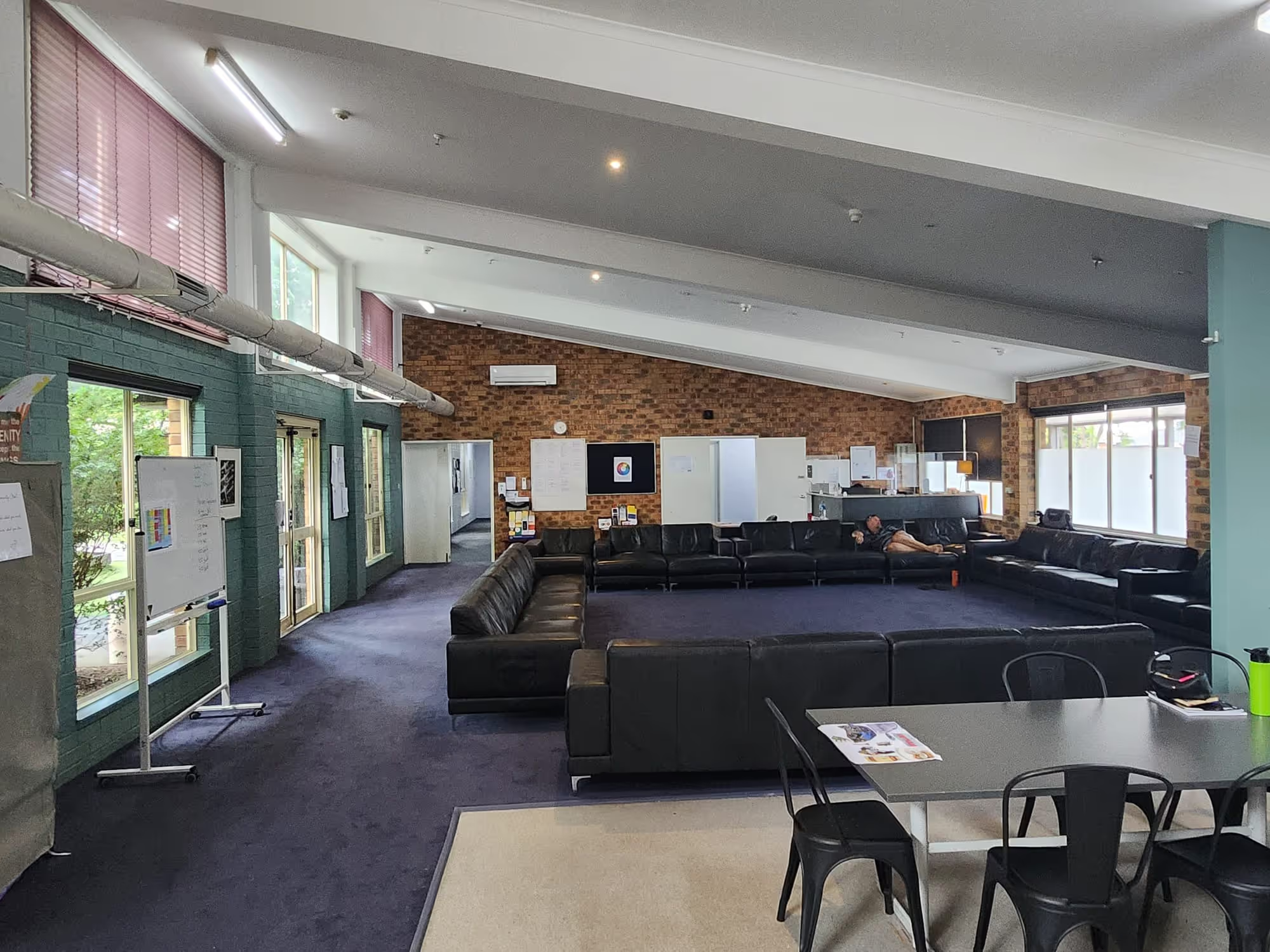Traditional drug rehab typically focuses on physical withdrawal, detox, and managing cravings for a specific substance. In dopamine rehab, the core issue isn’t a chemical dependence — it’s a pattern of overreliance on behaviours or substances that overstimulate the brain’s dopamine system.
Because of this, our approach to treatment is more focused on the emotional, psychological, and behavioural side of recovery. We help clients understand how their brains have adapted to unnatural dopamine surges, and how that can affect mood, memory, decision-making, and even motor control. Treatment includes counselling, education, structured routines, and therapy to reduce the urge to chase dopamine highs and help the brain rebalance.
We also tailor support around the specific behaviours or substances involved, whether that’s social media, sex, gambling, or prescription stimulants. This may include elements of drug rehab where relevant, but the focus is always personalised. Many clients benefit from our inpatient vs outpatient rehab comparison to find the right level of structure and support.
Our programs help people build sustainable coping mechanisms, boost natural dopamine production, and reclaim a balanced, healthy level of satisfaction in life without relying on artificial stimulation.








































